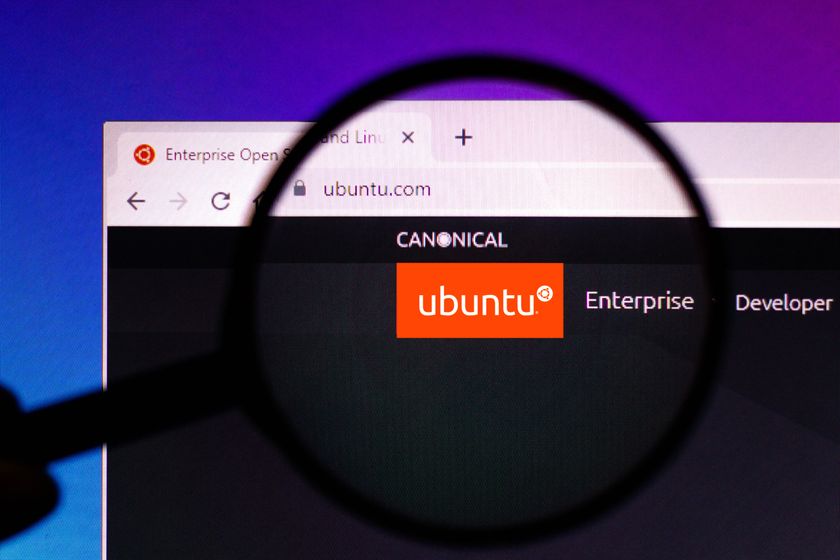MPs tell Google to block privacy-breaking searches
The committee looking into injunctions says search engines much take a stronger role in ensuring privacy law isn’t broken online.
For the online companies publishing the content, such as Twitter and Facebook, the current policy of serving notice and giving the time for the site to remove the content had been the standard way.
The committee was not against this, but said courts should be "proactive" in pointing claimants in the right direction of notifying the sites and starting the process.
Google in the dock
Whilst there was a certain amount of sympathy and acceptances of the ways social networks operate, Google did not get the same treatment.
Referring to the case of Max Mosely, who had to continually go back to court in order to get offending pictures removed from the internet, the committee said Google should have gone to more effort to ensure individuals like Mosely didn't have to repeat their court battles over the same material.
Mosely asked the internet giant to create an algorithm to ensure any of the offending photos going online were removed straight away, but Google believed this would not be a good policy move, leading the firm to monitor the internet without context or human knowledge.
The committee disagreed strongly, writing: "Where an individual has obtained a clear court order that certain material infringes their privacy and so should not be published we do not find it acceptable that he or she should have to return to court repeatedly in order to remove the same material from internet searches."
Get the ITPro. daily newsletter
Sign up today and you will receive a free copy of our Focus Report 2025 - the leading guidance on AI, cybersecurity and other IT challenges as per 700+ senior executives
"Google acknowledged that it was possible to develop the technology proactively to monitor websites for such material in order that the material does not appear in the results of searches. We find their objections in principle to developing such technology totally unconvincing."
As a result, the committee has called on Google and its rival search engines to ensure their websites are "not used as vehicles to breach the law" and implement the technology, regardless of how unsuitable it deems it.
It concluded: "We recommend that if legislation is necessary to require them to do so it should be introduced."
Whilst the committee claimed "fundamental right to freedom of expression lies at the heart of this debate," it claimed the right to privacy was "equally important" and could only be breached if it was in the public interest to do so.
"Although definitions of public interest change from time to time, an over-arching definition of public interest is the people's general welfare and well being; something in which the populace as a whole has a stake," read the report.
"It is not the same as that which is of interest to the public."
We contacted Google for comment on the report, but it had not returned our request at the time of publication.
UPDATE:A Google spokesman told IT Pro whilst it accepted it was a difficult issue to handle, he felt the report had gone too far.
"This is a really important issue for which there are no easy answers, particularly when balancing freedom of expression and tackling unlawful content," he said.
"Google already remove specific pages deemed unlawful by the courts. We have a number of simple tools anyone can use to report such content, which we then remove from our index.
The spokesman concluded: "Requiring search engines to screen the content of their web pages would be like asking phone companies to listen in on every call made across their networks for potentially suspicious activity."
Jennifer Scott is a former freelance journalist and currently political reporter for Sky News. She has a varied writing history, having started her career at Dennis Publishing, working in various roles across its business technology titles, including ITPro. Jennifer has specialised in a number of areas over the years and has produced a wealth of content for ITPro, focusing largely on data storage, networking, cloud computing, and telecommunications.
Most recently Jennifer has turned her skills to the political sphere and broadcast journalism, where she has worked for the BBC as a political reporter, before moving to Sky News.

Unlock profitability with Cove Data Protection

Tech leaders worry AI innovation is outpacing governance














